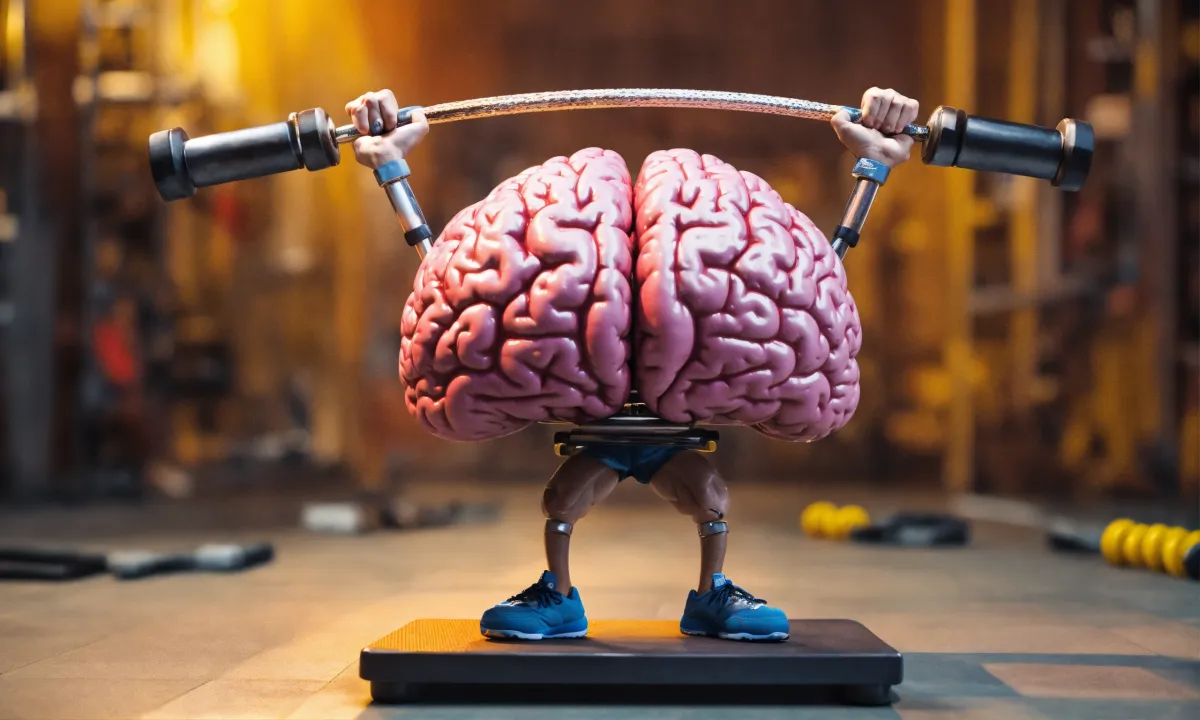Introduction
In the realm of athletics, success isn’t solely determined by physical prowess; rather, it’s often the mental fortitude and psychological resilience that set champions apart. This is where sports psychology emerges as a game-changer, offering athletes the tools to sharpen their mental edge, optimize performance, and overcome obstacles with confidence. In this comprehensive guide, we delve into the fascinating domain of sports psychology, uncovering its principles, techniques, and real-world applications.
Understanding Sports Psychology
Exploring the Fundamentals
Sports psychology delves into the psychological factors influencing athletic performance, encompassing areas such as motivation, concentration, goal-setting, and anxiety management. By understanding the interplay between the mind and body, athletes can harness their mental faculties to maximize performance outcomes.
The Role of Mental Conditioning
Mental conditioning forms the cornerstone of sports psychology, emphasizing techniques to cultivate a resilient mindset and enhance focus under pressure. Through visualization, positive self-talk, and relaxation strategies, athletes can prime their minds for peak performance, transcending limitations and achieving flow states.
Implementing Sports Psychology Techniques
Goal Setting for Success
Setting clear, attainable goals is paramount in sports psychology, providing athletes with a roadmap for progress and achievement. By establishing SMART (Specific, Measurable, Achievable, Relevant, Time-bound) goals, athletes can channel their energy and efforts effectively, driving sustained performance improvements.
Visualization: The Power of Mental Imagery
Visualization techniques empower athletes to mentally rehearse desired outcomes, reinforcing neural pathways and programming the subconscious mind for success. Whether visualizing flawless execution or overcoming obstacles, this mental rehearsal primes athletes for peak performance when it matters most.
The Impact of Sports Psychology on Performance
Enhancing Confidence and Self-Efficacy
Sports psychology cultivates confidence and self-efficacy, enabling athletes to trust in their abilities and navigate challenges with resilience. By fostering a positive internal dialogue and reframing setbacks as learning opportunities, athletes can unlock their full potential and thrive in competitive environments.
Managing Pressure and Anxiety
Pressure is an inherent part of competitive sports, but with the right psychological strategies, athletes can thrive under pressure rather than succumb to it. Through mindfulness, deep breathing, and stress inoculation techniques, athletes can mitigate performance anxiety and perform at their peak when it matters most.
Real-World Applications of Sports Psychology
Athletic Performance Enhancement
Sports psychology isn’t just reserved for elite athletes; it’s accessible to athletes of all levels seeking to optimize their performance and enjoyment of sports. From youth athletes striving for excellence to seasoned professionals aiming for podium finishes, the principles of sports psychology offer universal benefits.
Injury Rehabilitation and Recovery
Injury setbacks can take a toll on athletes both physically and mentally, but sports psychology offers invaluable support throughout the rehabilitation journey. By fostering a positive mindset, maintaining motivation, and visualizing a successful return to play, injured athletes can expedite their recovery and regain peak performance.
Frequently Asked Questions (FAQs)
How can sports psychology benefit amateur athletes?
Sports psychology equips amateur athletes with mental resilience, goal-setting skills, and confidence-building techniques, enhancing their performance and enjoyment of sports.
Is sports psychology only for competitive athletes?
While sports psychology is widely utilized by competitive athletes, its principles are applicable to individuals participating in recreational sports, fitness activities, and physical rehabilitation programs.
What role does visualization play in sports psychology?
Visualization harnesses the power of mental imagery to enhance performance, boost confidence, and optimize skill acquisition, allowing athletes to mentally rehearse desired outcomes and overcome obstacles.
How can athletes manage pre-game nerves and performance anxiety? Athletes can manage pre-game nerves and performance anxiety through mindfulness techniques, deep breathing exercises, and cognitive reframing, allowing them to approach competition with a calm and focused mindset.
What are some common misconceptions about sports psychology?
One common misconception is that sports psychology is only relevant to elite athletes; in reality, its principles can benefit athletes of all levels, as well as coaches, parents, and sports professionals.
Are there any ethical considerations in sports psychology practice?
Ethical considerations in sports psychology include maintaining client confidentiality, respecting athlete autonomy, and upholding professional boundaries to ensure the well-being and integrity of athletes.
Conclusion
In the dynamic world of sports, success is as much about mental resilience as it is about physical prowess. Sports psychology serves as a guiding light for athletes, offering transformative insights and techniques to unlock their full potential, overcome obstacles, and thrive in competitive arenas. By harnessing the power of the mind, athletes can elevate their performance, cultivate resilience, and embark on a journey of self-discovery both on and off the field.


